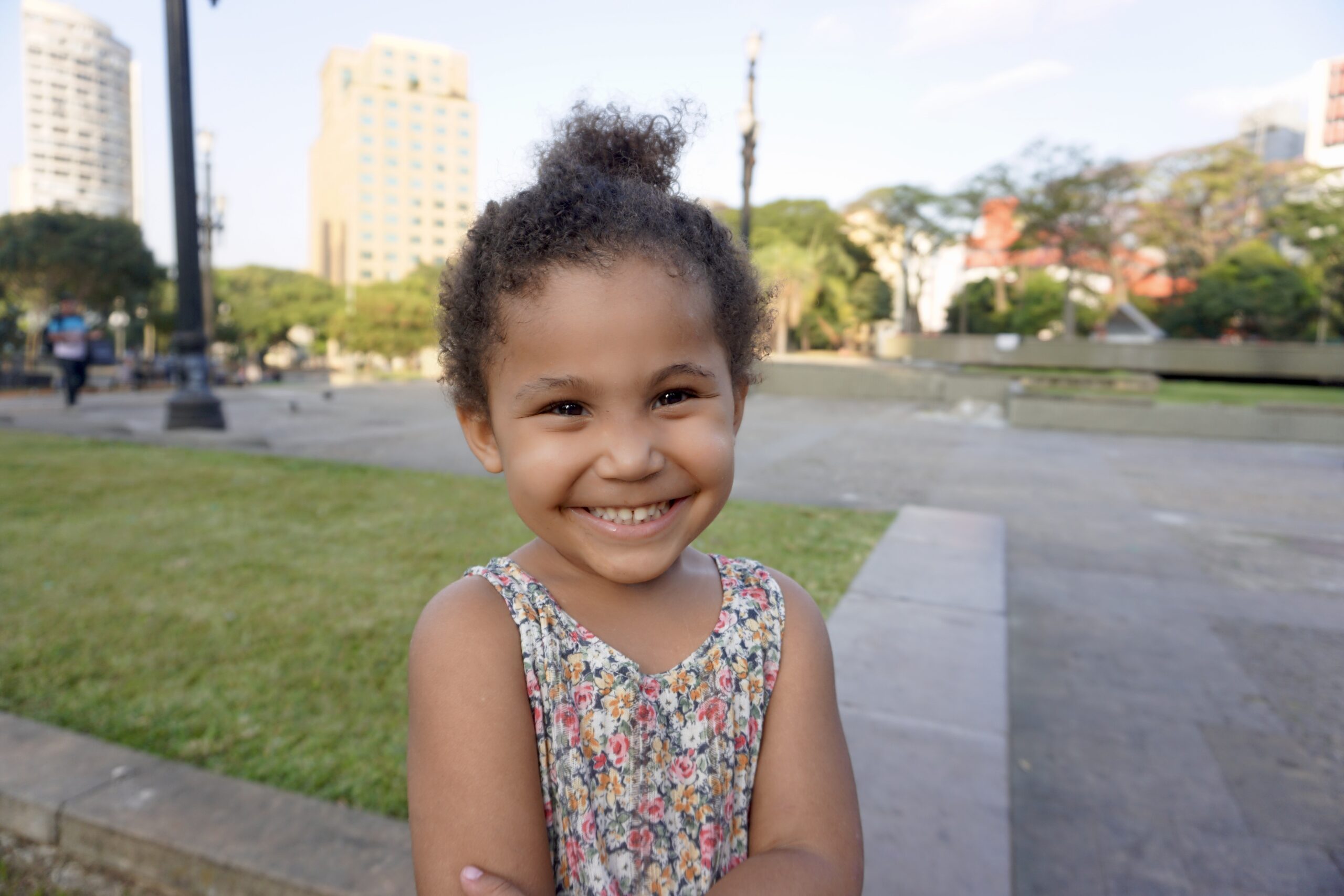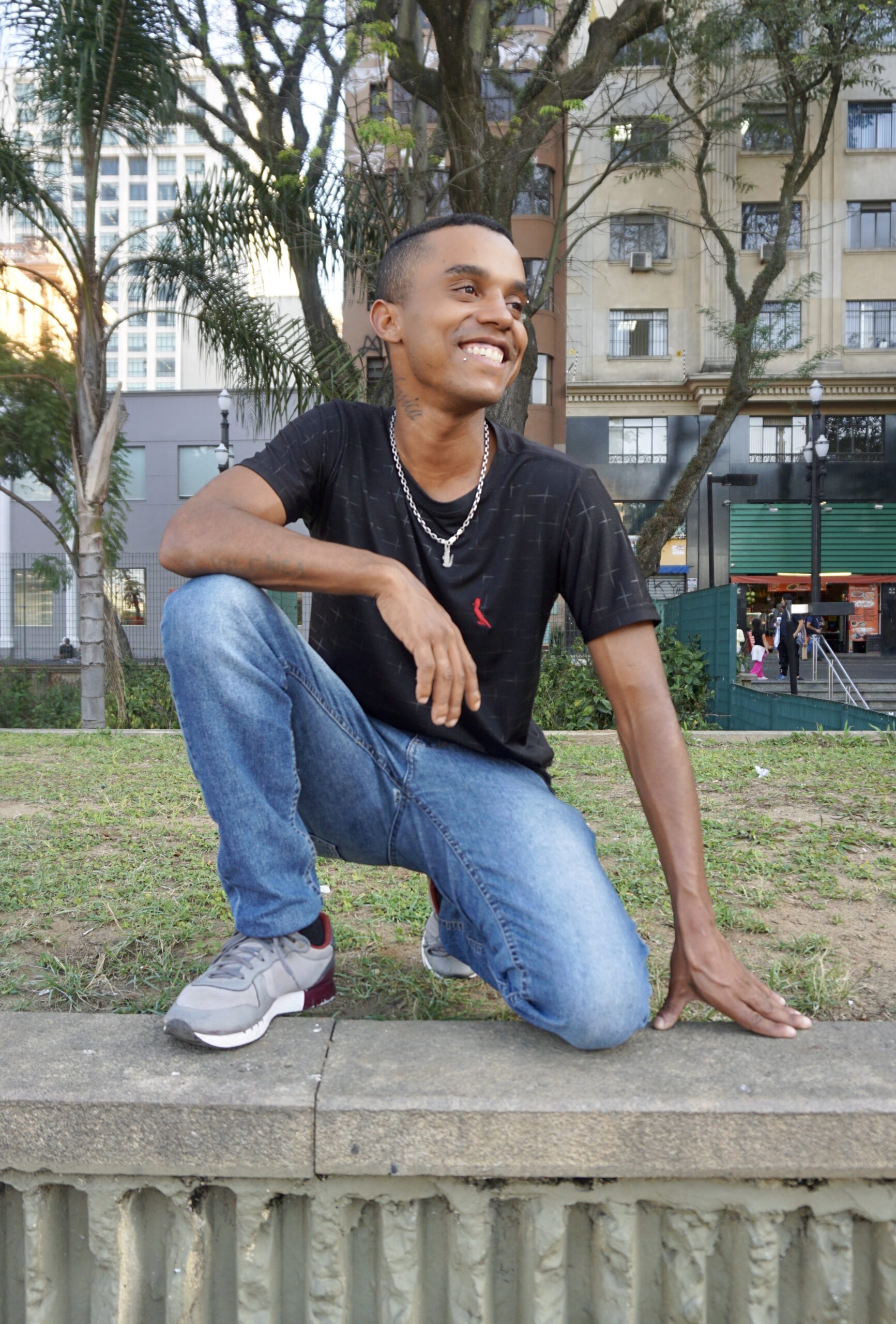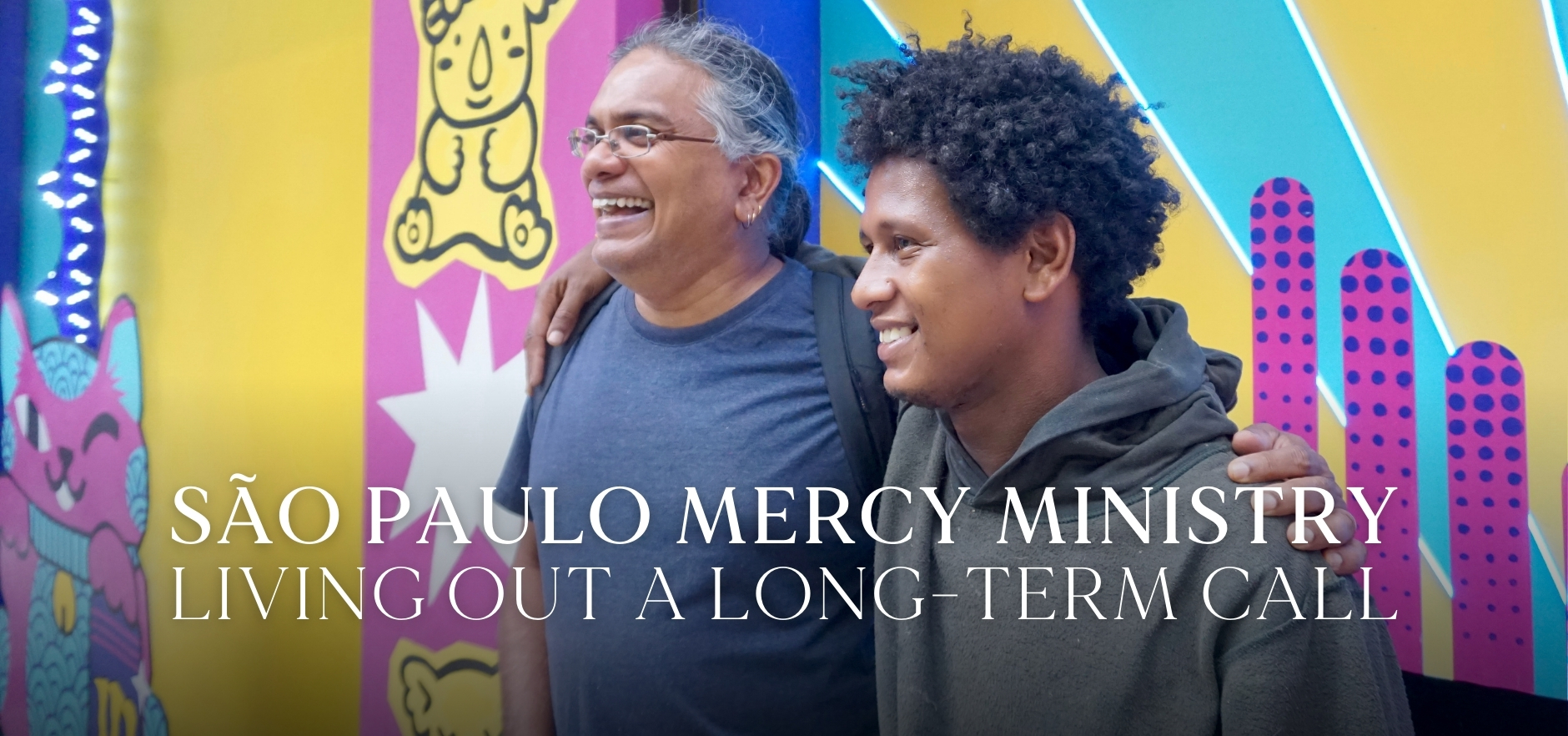For many of us, the daily commute is a time to catch up on our favorite podcasts, make a few calls or listen to oldies while drinking a latte. Commutes are leisurely “alone time” as we drive through suburbia, stopping as school crossing guards let young children cross an intersection.
But this is not “normal” for everyone. Grabbing their backpacks, the Rev. Stephen Dass and his wife, Mary, head out the door for a 40-minute walk to work through neighborhoods grappling with addiction, prostitution and crime. When they arrive, they take a seat on the ground as warm faces greet them, excited for another day of games, art and conversation.

Perola, a third-generation homeless girl. The Dasses became friends with her grandmother when Perola was in the hospital and they asked for prayer. They have now helped her grandmother rent a small room.
It is not an ordinary office. It is not an ordinary commute. But the call on their lives is far from ordinary. Serving for the Diocese of Central Florida as long-term missionaries in Brazil since 2013, the Dasses spend their days with the street children of São Paulo, many of whom are the second or third homeless generation in their family. Homelessness, therefore, extends beyond circumstances and becomes the very foundation of the ethos of these children.
“Their understanding of the world comes from homelessness,” Rev. Stephen explained. “They develop their worldview from the streets. They have no framework for home.”
This realization allowed Rev. Stephen and Mary to understand the unique nature of this ministry.
“We originally thought that we were here to solve a problem,” he said. “We saw an overwhelming situation and tried to find solutions. But as we started to get to know the children, we began to see them as people to be known and not as problems waiting to be solved.”
Mary explained that this shift in perspective is one reason they have committed to live in Brazil for the rest of their lives. “This ministry is a long journey,” she said. “When you are in long-term missions, it’s more than just the work you do because it is also your daily life.”

Fr. Stephen confronted Wallace about his drug use, saying, “It’s a pity you’re always high and we can’t talk the way we used to.” He later told Fr. Stephen, “The more I’m with you, the less desire I have to use.”
Rev. Stephen agrees. “Over time these children became part of our lives, integrating into our thoughts, but also giving meaning to our experiences. Humanizing them means recognizing that they have something to contribute to us, to the world and to the church.”
In his Christmas newsletter, Rev. Stephen explained that the first people to hear the news of the birth of Christ were shepherds who held no place of honor in society:
Suddenly these nobodies became somebodies due to the message of faith they received. Nevertheless, their status in the world did not change. They remained nobodies. In spite of this, they participated in the very first Christmas and saw the hope of humanity in the form of a vulnerable child. Their simple faith opened their eyes and ears to see things which many were unable to understand.
There is minimal likelihood that the circumstances of these children will change. Many will never know a home beyond the streets, and the Dasses’ goal is to help the homeless of São Paulo discover who Jesus is beyond their social and economic limitations.

“Aline has left the streets and lives in a small room,” said Mary Dass. “She is resourceful and independent but she likes to share her success with us. We see her less often but she knows she can reach out to us if needed.”
It is work that will take the Dasses a lifetime, and while the goal has not changed, the circumstances they face have altered. The Dasses’ monthly support has remained the same for 10 years despite a significantly increased cost of living. A recent rent increase required a move that placed them further away from the neighborhood where they serve the homeless community. The Dasses’ ministry is fully funded by individuals and churches. Increased support is critical in allowing them to remain in Brazil as they bear witness to the One who is active in the lives of those who are forgotten by society.
Learn more about the Dasses’ ministry at spmercyministry.com. To give, please visit this link and select “Sao Paulo Mercy Ministry” from the dropdown.

